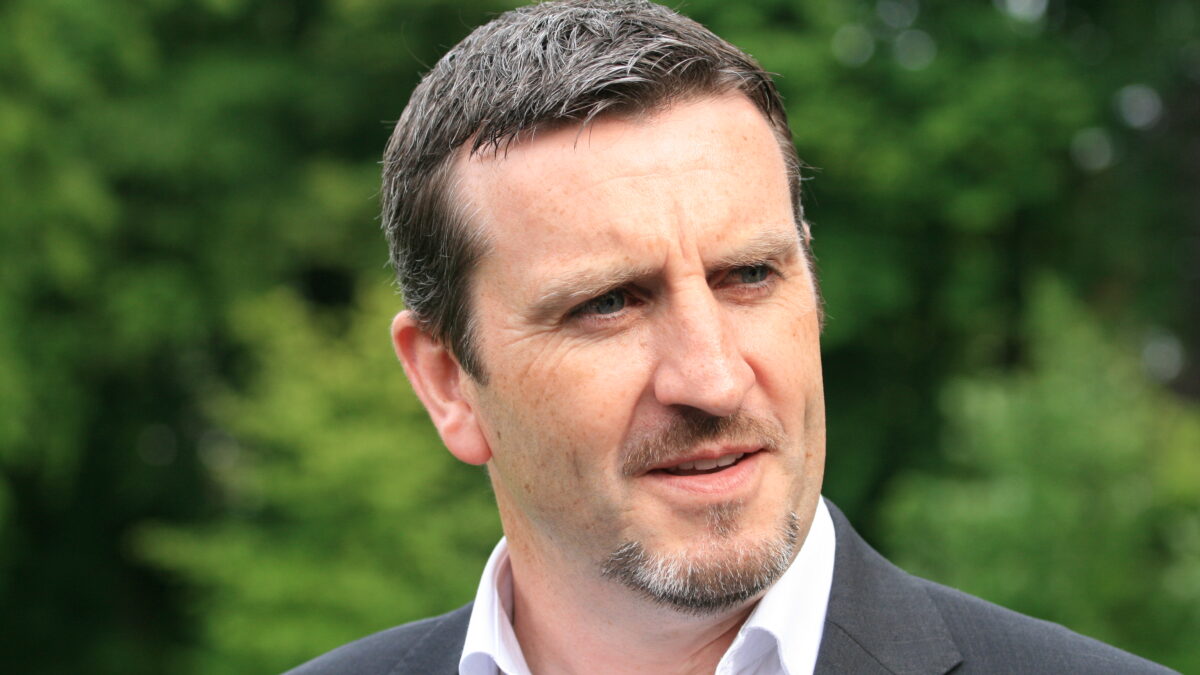In 2006, British mathematician Clive Humby coined the phrase, “Data is the new oil”.
This analogy has been proven correct as data now powers entire industries and holds tremendous value – but if left unrefined, is effectively worthless.
But like oil, one of the downsides of data is the impact it has on the environment. And this is an issue that any company producing and using data needs to be aware of and to own.
Currently, two thirds of the world’s data isn’t used. We call this ‘digital waste’. And what we need to understand about data is that it has mass, it has to physically exist somewhere. This means that all data has a carbon footprint.
By 2030, data centres will account for 8 per cent of the world’s energy usage. Even today, the data that isn’t used again after it’s created is responsible for more carbon emissions than the airline industry. It’s a challenge that no single company can fix – but every company can do their bit.
Businesses need to ask themselves some simple questions: How much data to we have? Where is it? What do we use it for?
It’s about taking responsibility for your data and its environmental impact.
The key point is that digital waste is not just a private sector problem, but a problem affecting everyone. Businesses need to be aware that if they are storing data which they are not using, it is just sitting around using up energy. This is completely unsustainable.
By adopting technologies such as the cloud, organisations can gain greater visibility over the data they have to ensure they are storing and processing data in a more sustainable way. Returning to the ‘data is the new oil’ analogy, it’s not about eradicating data, but about getting more miles to the gallon.
In June 2020, the Scottish Government released a framework of guidance and resources to help public sector organisations adopt cloud services. This was followed by the publication of a report in October 2021 which looks at how to unlock the potential of Scotland’s public sector data.
Both of these indicate the good progress the country is making to become more sustainable. But it’s important not to stop there. The government must regularly review its initiatives and ensure data and cloud remain on the Scottish agenda. This will be key to making our data more sustainable.
Matt Watts, chief technology evangelist at NetApp, will take part in an expert panel discussion on data management and sustainability at Digital Scotland 2021 next week.




